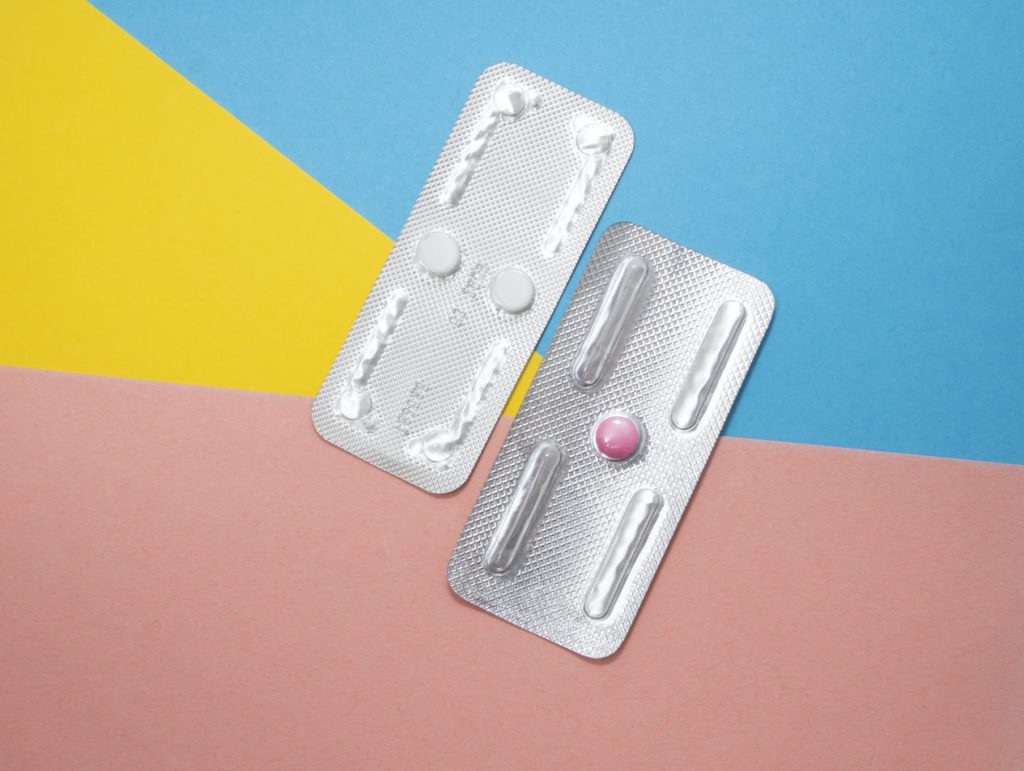
Morning After Pill | Repeated Use Can Lead To Infertility?
The morning after pill is an emergency contraception that helps prevent pregnancy after unprotected or poorly protected sex. Women under 30 are the main users. Although 95% effective if you take it within 24 hours, its effectiveness drops to 85% on the second day and to 58% between 48 to 72 hours.
The morning after pill works mainly by delaying ovulation. It is by no means an abortion pill: it cannot therefore trigger an abortion since it is no longer effective if fertilization has already taken place.
Repeated Doses Can Lead To Infertility?
Legends aimed at discouraging women from using emergency contraception are still being peddled, despite the scientific evidence. On social networks, hundreds of Internet users claim that the morning-after pill makes them sterile, especially in the event of repeated doses during a lifetime.
However, studies show that the emergency contraceptive pill poses no risk to health. A report validated by the International Federation of Gynecology and published last year shows that no “death or serious complication” has been linked to taking emergency contraception.
How To Get The Morning After Pill?
Morning-after pills are now all available without a prescription. If you are under 18, you can get it anonymously, free of charge, without a prescription and without parental consent at the pharmacy.
The Possible Side Effects When Using The Morning After Pill
It is still necessary to be familiar with this oral emergency contraception. Side effects are presented as minor, for example, cycle delay, slight bleeding, headache, nausea or even vomiting. So many effects that usually resolve themselves within 24 hours, says the report.
In any way, this morning-after pill, even taken several times, can not lead to infertility even if it is used several times. However, the intake must remain exceptional and must imperatively lead to the establishment of a regular and adapted contraception.
So take this opportunity to think about the flaws in your usual contraception: talk to your pharmacist or doctor who can present you with the options that suit your needs.
It is important to note that after unprotected sex, the morning after pill helps prevent unwanted pregnancy, but it does not protect against STDs, STIs, the HIV virus (AIDS), or hepatitis B. You can get tested for free and anonymously in family planning centers or in a medical laboratory.
Dr James S Pendergraft | Orlando Women’s Center | Abortion Pill Clinic | Articles On Abortion


Leave a Reply
You must be logged in to post a comment.